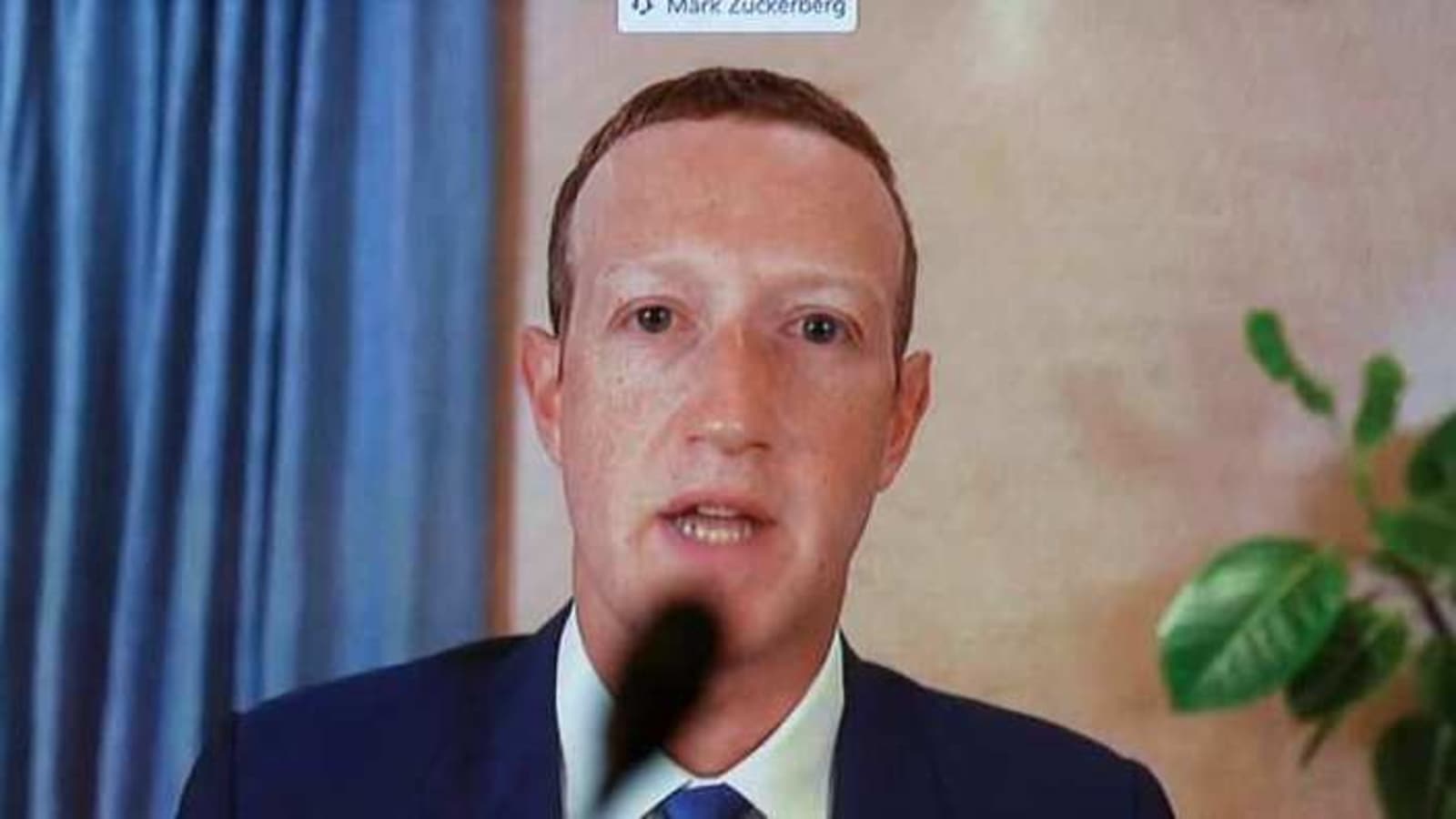'More power than traditional media': Facebook, Twitter policies attacked
The CEOs, Jack Dorsey of Twitter and Mark Zuckerberg of Facebook, defended their content moderation practices at a congressional hearing scheduled after the platforms decided to block stories from the New York Post that made claims about the son of then-Democratic presidential candidate Joe Biden.

Republican senators on Tuesday attacked the chief executives of Facebook and Twitter for effectively censoring President Trump and allies during the U.S. election while Democrats bemoaned the spread of misinformation about the vote on social media.
The CEOs, Jack Dorsey of Twitter and Mark Zuckerberg of Facebook, defended their content moderation practices at a congressional hearing scheduled after the platforms decided to block stories from the New York Post that made claims about the son of then-Democratic presidential candidate Joe Biden.
In his opening remarks, Judiciary Committee chairman Lindsey Graham asked: "What I want to try to find out is if you're not a newspaper at Twitter or Facebook , then why do you have editorial control over the New York Post?"
He said he did not think articles on Hunter Biden, refuted by the Biden campaign, needed to be flagged or excluded from distribution.
Democrats focused on the spread of misinformation by Trump, a Republican, and his supporters. They pushed the companies to limit the spread of false and misleading content ahead of elections in Georgia, where two Republican incumbent senators, David Perdue and Kelly Loeffler, are facing run-offs against well-funded Democratic opponents.
Both companies committed to doing more. However, broader problems with their content moderation decisions, especially around violent speech, became evident when Senator Richard Blumenthal, a Democrat, asked Facebook's Zuckerberg if he would commit to taking down the account of former Trump White House adviser Steve Bannon after he suggested the beheading of two senior U.S. officials.
Zuckerberg refused. "Senator, no. That's not what our policies would suggest that we should do in this case," he said.
Reuters reported last week that Zuckerberg told an all-staff meeting that Bannon had not violated enough of Facebook's policies to justify his suspension.
Upset over the companies' decision on what to leave on the platform and what to take down, many Republican lawmakers and Trump have threatened to take away protections for internet companies under a federal law called Section 230 of the Communications Decency Act. The law protects companies from being sued over material users post on their platforms.
Graham also said he hopes Section 230 is changed.
"When you have companies that have the power of government, have far more power than traditional media outlets, something has to give," he said. President-elect Biden has also said he favors repealing Section 230. Congressional Democrats, however, prefer a more deliberate approach to reforming the law.
Zuckerberg and Dorsey said they would be open to some reforms to the law.
At the hearing in October, Twitter's Dorsey said eroding Section 230 could significantly hurt how people communicate online. Zuckerberg said he supports changing the law but also said that tech platforms were likely to censor more to avoid legal risks if the law is repealed.
Catch all the Latest Tech News, Mobile News, Laptop News, Gaming news, Wearables News , How To News, also keep up with us on Whatsapp channel,Twitter, Facebook, Google News, and Instagram. For our latest videos, subscribe to our YouTube channel.































